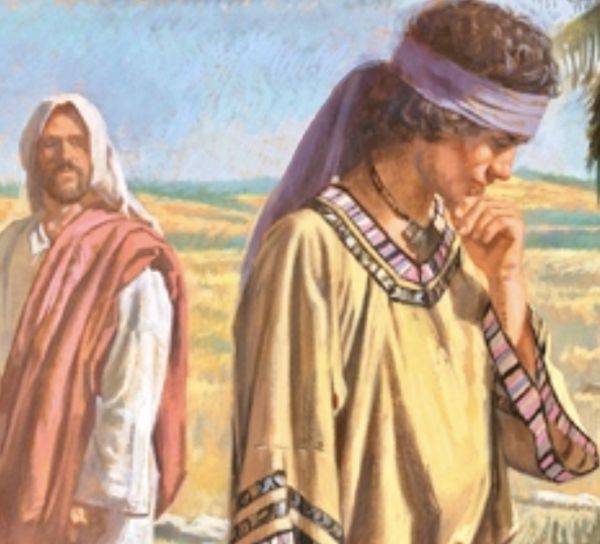Jesus astonishes and astounds his disciples, remarking:
«it is easier for a camel to go through the eye of a needle than for a rich man to enter the kingdom of God» (Matthew 19:24).
Peter's question arises: what about us who have left everything for the Gospel?
But Jesus assures the hundred for one and the experience of the Life of the Eternal.
Let us look at Francis and his own in the Sources and on the subject.
As Dante Alighieri recalls in the Divine Comedy (Canto XI of Paradise):
"Oh unknown riches! veracious wealth!/ takes off his shoes Egidio, takes off his shoes Silvestro/ behind the groom, this way the bride likes".
Francis had embraced Lady Poverty as the greatest wealth existing on this earth.
In love with Christ, in order to follow in His footsteps so as to resemble Him as much as possible, he adhered to Him with all his fibres and taught his own to do the same.
In fact, in the Sources (Legend of the Three Companions) it is narrated:
"There went Messer Bernard, who was very rich, and sold all his possessions, gaining much money, which he distributed entirely to the poor of the city.
Peter also carried out the divine advice as well as he could.
Having deprived themselves of everything, they both put on the habit that the Saint had taken shortly before, after having left that of a hermit.
And from that hour, they lived with him according to the form of life of the holy Gospel, as the Lord had indicated to them.
And so Francis was able to write in his Testament:
'The Lord himself revealed to me that I should live according to the form of life of the holy Gospel'" (FF 1432).
Consulting the Word, as he was wont to do, he had before his eyes the expression "Do not take anything with you on your journeys" and "Whoever wishes to follow me should renounce himself" (FF 1431), shaking with joy.
"Francis, a man of God, with the two brothers of whom we have spoken, having no lodging where they could dwell together, took refuge with them at St Mary of the Portiuncula.
There they made themselves a hut to live in community.
A few days later, a man from Assisi, Egidio, came down to them, and with sincere respect and devotion, on his knees, begged the man of God to receive him with him.
Francis, touched by his faith and goodness [...] received him gladly" (FF 1435).
Those who followed the Poverello, in his fraternity and for the sake of the Gospel had well understood the scope of that vocation-mission and its happy conclusion beyond time.
To leave for Christ is to find and live to a greater extent.
Tuesday of the 20th wk. in O.T. (Mt 19:23-30)












